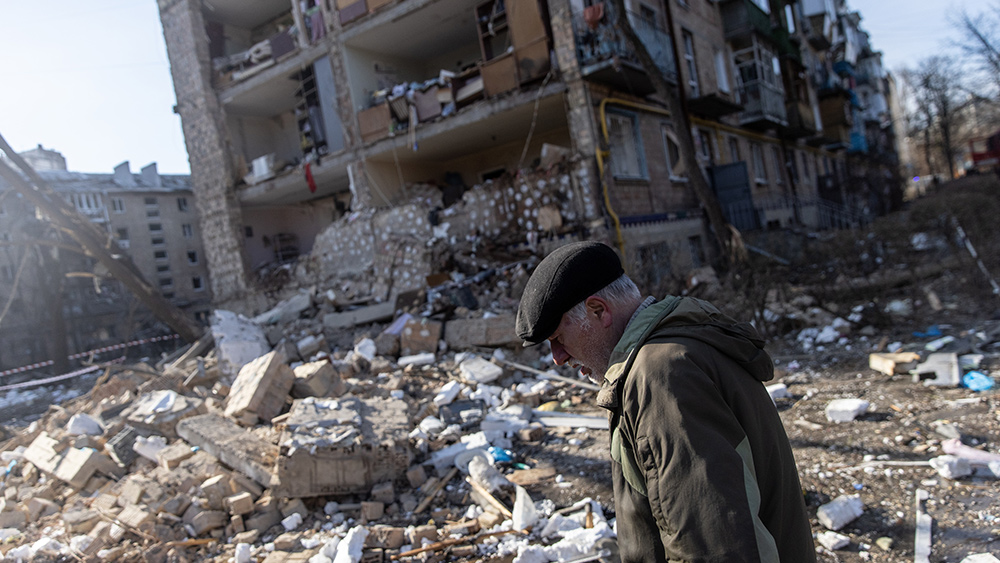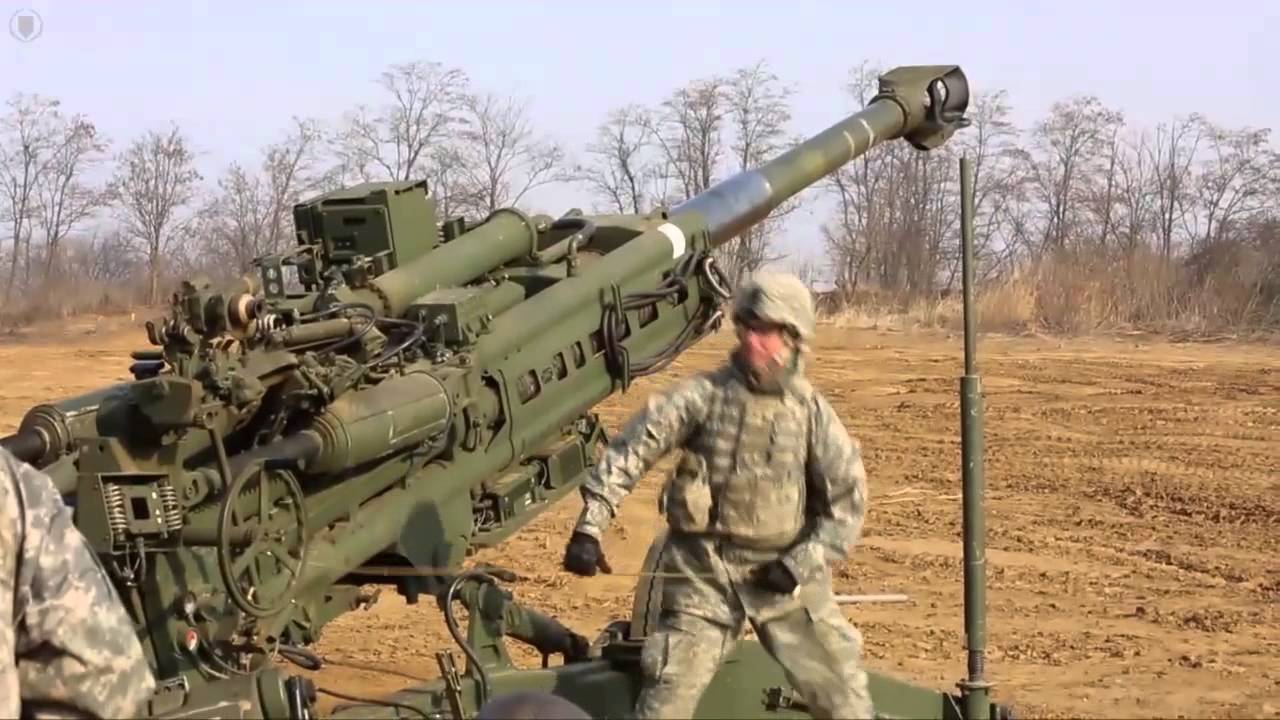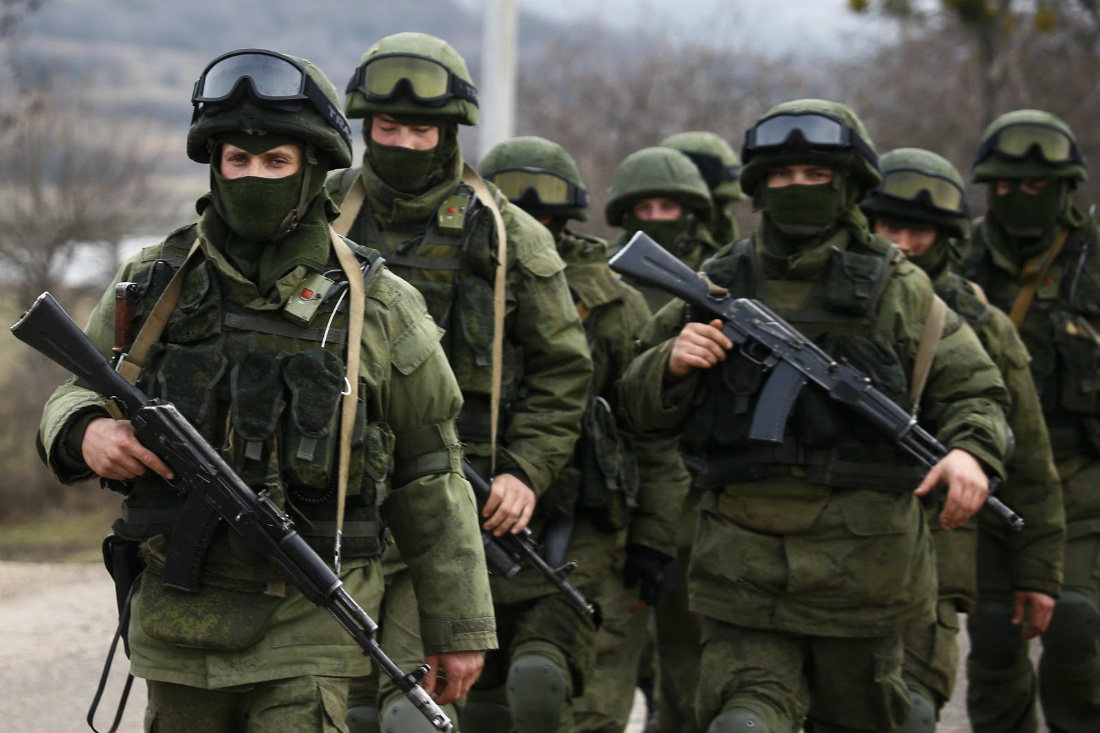Estonia to expand bomb shelter program to shield to 730,000 people by 2034
01/25/2023 / By Belle Carter

Estonia’s Interior Minister Lauri Laanemets recently disclosed that he will present a proposal to the government to expand the country’s bomb shelter program so it can accommodate up to 730,000 people by 2034.
The shelters will protect the people not only from conventional bombing but also from gas and radioactive substances. The proposal is to adapt cellars in existing buildings so they are bomb-proof and capable of catering to people for considerable lengths of time. The shelters also need to be able to protect people from shock waves and shrapnel and will be required to have power generators, toilets, ventilation and access to water.
Currently, the Estonian Rescue Service has identified 94 publicly accessible shelters that can accommodate up to 50,000 people.
According to Laanemets, the nation needs at least another 10 years of planning and funding to reach the planned capacity of 730,000. He said that one of the ways to achieve this is to amend the guidelines of the Estonian Ministry of Economic Affairs and Communications on support for the renovation of buildings and include in it the requirement to transform basements into shelters during the renovation.
“By the end of April, housing associations will receive a call for proposals to create refuge spaces. We anticipate that this public offering will be funded for at least 10 years. It could cost up to one million this year, but if approved by the government, it will cost roughly €15 million ($16.34 million) per year. In this way, we could secure emergency shelter for approximately 500,000 people,” Laanemets said.
Architect Margit Mutso commented that the government should have considered providing shelters a year ago, immediately following the outbreak of war in Ukraine.
“Let me give you an example. A competition for the design of a cultural center in the heart of Tartu has just been announced and it says that having some kind of shelter-like space, such as a basement or parking garage, is sufficient. No one asks, however, what will happen if this shelter is required one day and 200-300 people take refuge there for several hours without sanitation, water, or even ventilation. These issues have not been fully dealt with and I think this is totally unacceptable,” Mutso said.
Ukrainian businessmen build “deluxe” bomb shelters
In Ukraine, meanwhile, local entrepreneurs Oleksandr Chyrva, Oleksiy Suslin and Timur Feizulaiev are building “high-end” bomb shelters – with designs that are meant to be as comfortable as self-catering apartments, with Wi-Fi access, fitted kitchens and bathrooms. The three used to produce designer grills before the war.
“My then-pregnant wife refused to leave the city. And we did not know where to go. It was terrifying, but still, in our district, the shelling was less intense than on the outskirts,” Chyrva told the news outlet Politico.
As the conflict progressed, the three came up with a new business idea that would not only provide protection but also make people feel the comforts of an apartment located three meters underground and covered by a concrete slab.
“We went down to our house’s basement a couple of times just to realize that it is more dangerous to stay there than in our own corridor behind the double walls. If this old basement collapses, there will be no way out,” said Chyrva, who lives in an old building. “That’s how the idea came to us. If the house is old or new but there is no proper shelter, then you can dig deeper underground and be safe there.”
He and his partners have been working on the first prototype of a compact bomb shelter at their private workshop.
It will have a ventilation system, autonomous power supply, and water reservoir. It will also feature a fully furnished kitchen, bathroom, and bedroom for a family of three people. The shelter can even have air conditioning and internet. All that will be hidden inside a compact, solid metal compartment with two separate entrances.
“Our main goal was to put everything in a compact size which can be transported easily from our production house. The synergy of all life-support systems was the hardest thing to achieve,” Suslin said. (Related: PrepWithMike: Surviving radioactive exposure following a nuclear explosion is NOT impossible.)
Visit NuclearSurvival.news to learn more about how to prepare for a nuclear attack.
Watch the video below that features Lvov residents turning their basements into improvised bomb shelters.
This video is from High Hopes channel on Brighteon.com.
More related stories:
Experts: Continued attacks on Zaporizhzhia Nuclear Power Plant could lead to WWIII.
Russia warns: World’s nuclear-armed states on the verge of direct armed conflict.
Survival 101: Preparing for a nuclear emergency.
Sources include:
Submit a correction >>
Tagged Under:
big government, bomb shelters, chaos, estonia, fall-out shelters, Kharkiv, national security, nuclear, nuclear survival, nuclear wars, panic, preparedness, radiation, Skhov, Ukraine-Russia War, World War III
This article may contain statements that reflect the opinion of the author
RECENT NEWS & ARTICLES
COPYRIGHT © 2017 WHITE HOUSE NEWS



















